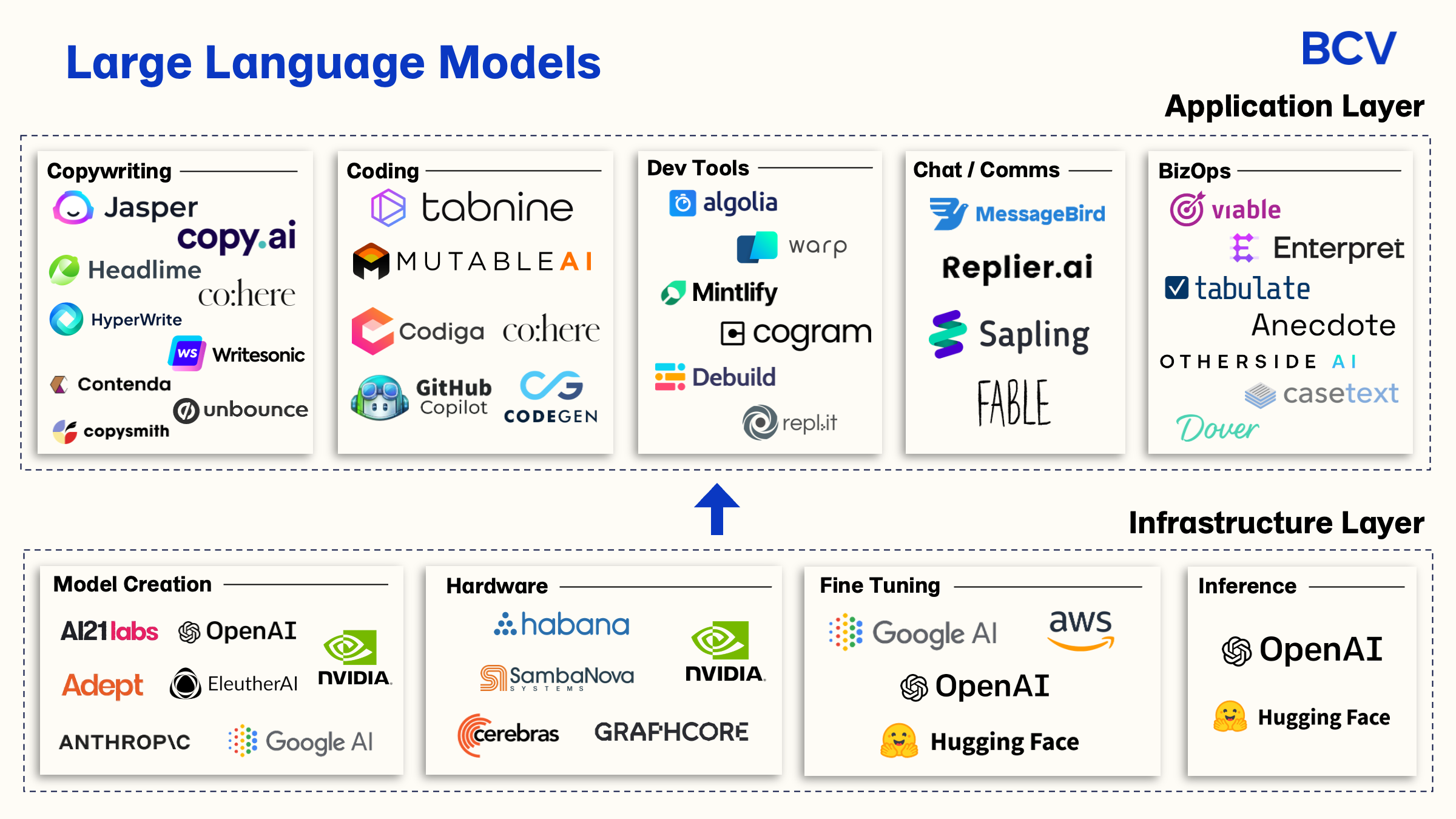Emerging Consensus: Large Language Models Offer Practical Time-Saving Value Without Being Transformative

A recent social media post by user wispem-wantex has encapsulated a growing sentiment regarding the current state and utility of Large Language Models (LLMs). The post suggests that while LLMs are "pretty good" and far from "useless," they may not be as "transformative" as some initially predicted, instead proving valuable for specific time-saving tasks. This perspective highlights a nuanced understanding emerging within the technology community.The tweet, dated October 19, 2025, stated: > "It's pretty funny that we are converging on the reality that will upset the maximum amount of people: LLMs are pretty good. They're not transformative, and also not useless. There are some tasks where LLMs will save you a lot of time. And that's it." This reflects a shift from the initial hype cycle surrounding generative AI, moving towards a more pragmatic assessment of their capabilities and limitations.Recent analyses from sources like Forbes and McKinsey & Company indicate that LLMs are indeed demonstrating significant utility in areas such as content generation, summarization, coding assistance, and customer service automation. These applications can substantially reduce manual effort and improve efficiency for businesses across various sectors. For instance, in the legal field, LLMs are increasingly used for document review, contract analysis, and generating initial drafts, significantly impacting legal professionals' workflows.While LLMs excel at automating repetitive or data-intensive tasks, their limitations in areas requiring deep reasoning, factual accuracy, or genuine understanding prevent them from being universally "transformative." Reports from Gartner and Deloitte highlight challenges like "hallucinations," bias, and the persistent need for human validation, which temper expectations of their immediate, widespread, and unsupervised adoption. This suggests that the current phase of LLM development is focused on practical, targeted applications rather than revolutionary overhauls.The evolving consensus, as articulated by wispem-wantex, suggests a mature understanding of LLM capabilities. Companies are now focusing on identifying specific use cases where LLMs can provide measurable ROI and efficiency gains, rather than pursuing broad, undefined "transformation." This pragmatic approach is likely to drive sustained innovation and integration of AI technologies into various industries, solidifying their role as powerful tools for enhancing productivity.